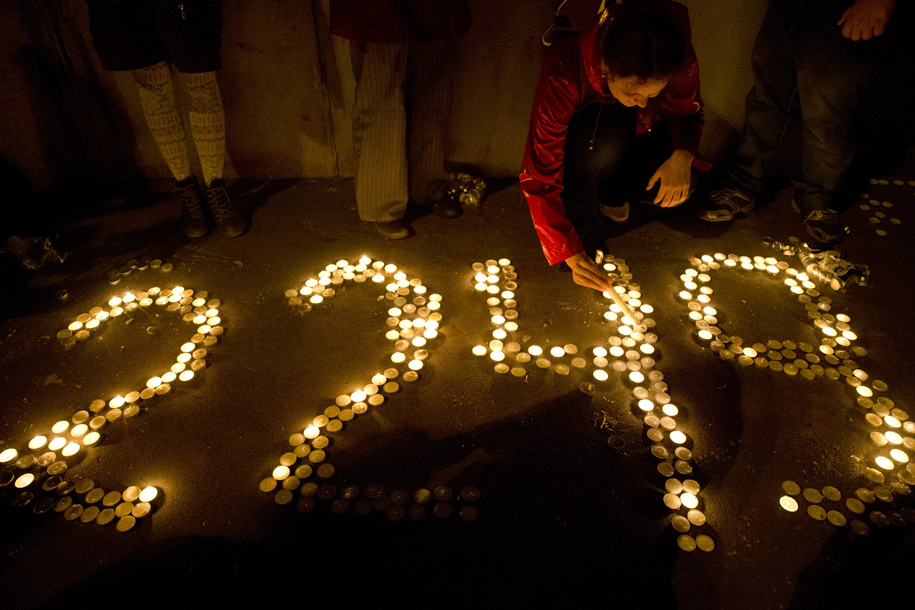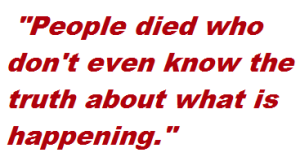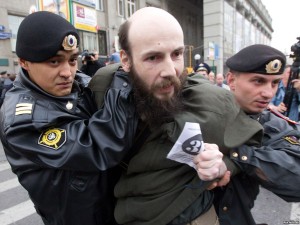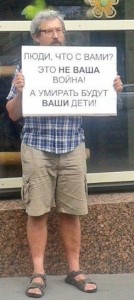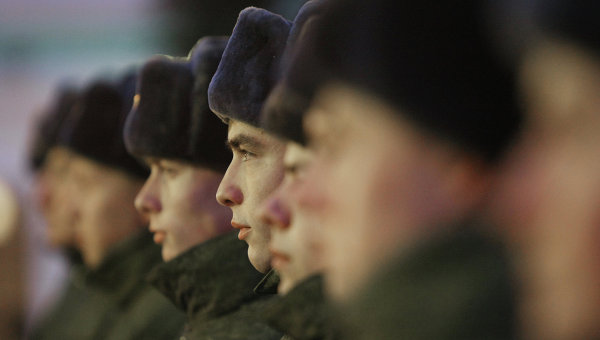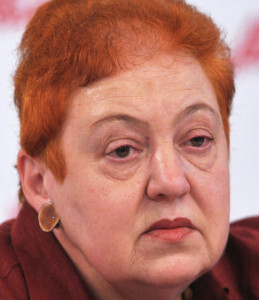India-Bangladesh Home Secretary-level talks from September 2 is being keenly watched by separatist outfits in Assam, who hope that Anup Chetia’s extradition will facilitate the peace talks with the Indian Government.
Notwithstanding the recent the Assam-Nagaland border violence, which claimed four lives, people in the northeastern state are hopeful that the Assam peace talks will gain fresh momentum when Indian Home Secretary Anil Goswami and his Bangladeshi counterpart Mozammel Haque commence much-awaited four-day home secretary-level talks in Dhaka Sept. 2.
Foremost on the agenda for the talks is the extradition of United Liberation Front of Assam (ULFA) (Pro-Talk) faction General Secretary Anup Chetia–alias Gopal Barua–who has been languishing in Bangladeshi prison since 1997. Union Minister of State for Home Affairs Kiren Rijiju has confirmed that Chetia is now eager to “return home” and will be swapped for Nur Hossain, an Awami League councillor who has been accused of seven murders and who was arrested in Kolkata,West Bengal last June along with two other Bangladeshi criminals currently lodged in Indian prisons.
Goswami said that the extradition of Chetia would ease the stalemate over the Assam talks with the ULFA faction, led by its chairman Arabina Rajkowa, and usher in permanent peace for the region. “We are hopeful that Bangladesh will release Chetia soon. We are interested in bringing him to India, as it will facilitate the progress of the Assam talks,” he said.
When contacted, Rajkhowa commented, “We have been waiting for Chetia’s return, as he is our organization’s general secretary and his participation in the talks with the Union Government will help us to present our viewpoint and demands regarding an autonomic status for Assam and its development better.”
Meanwhile, Rijiju confirmed that the Indian High Commissioner in Bangladesh, J P Singh, visited Chetia in the Gaziabad prison and through an interpreter confirmed his desire to return to India through. It is reported that Chetia told Singh that his eagerness to return to India was evident from the repeated appeals he has made to the Bangladesh government in this regard.
Chetia, who had taken refuge in Bangladesh following a crackdown on ULFA and other militant groups in Assam, was arrested from a house in Mohammadpur in Dhaka by Bangladeshi authorities in 1997. He has already completed his seven-year jail term for cross-border infringement, possessing a fake passport and foreign currencies, and is currently under detention in Gaziabad prison, following a directive from the Bangladesh High Court in August 2013 that he be kept in safe custody until the government decides on his appeal for political asylum in the country.
Similarly, the Bangladesh Government has been pressing India to hand over Nur Hossain and two other Bangladeshi criminals, Sajjad Hossain and Subrata Bain, who were arrested in India in 2012. The last two criminals were awarded death by courts in Bangladesh for murder and attacks on a rally of the ruling Awami League rally in Dhaka.
Meanwhile, the last round of peace talks with ULFA (Arabinda faction) was held in New Delhi on Feb. 10, wherein the separatist leaders agreed to go a step further to find an amicable solution to their 31-year-long armed struggle for autonomy for the people of Assam. Now, they are hopeful that the Narendra Modi Government will facilitate their cause and they believe that the extradition of Chetia is a step in that direction.
Rajkhowa told this correspondent over the telephone, “We are hopeful that keeping in view the Assam Assembly elections in 2015, the NDA Government at the Centre led by Narendra Modi will work to facilitate an agreement at the earliest to ensure peace and development in Assam.”
Commenting on the issue, B. B. Lakhar, political commentator and an assistant editor with a leading English-language daily in Assam, said, “Apart from the Chetia issue, the forthcoming Indo-Bangla talks will also highlight the problem of insurgency and the influx of illegal immigrants into the state. Finding amicable solutions to these vexed issues will ensure peace and development in Assam.”
It is worth mentioning that the rival ULFA faction–called the ULFA (Independent) and led by Paresh Barua–is still determined to continue with its armed struggle for “total autonomy” for Assam. Leaders of this separatist group are said to be hiding somewhere along the India-Myanmar border carrying on with subversive activities.
By Chandan Das
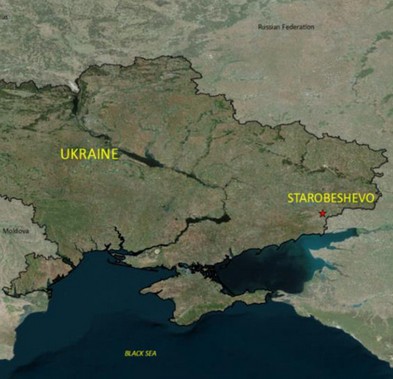 interference and by supporting the separatists in the East. Russia must stop the steady flow of weapons and other support to an insurgent force heavily implicated in gross human rights violations.”
interference and by supporting the separatists in the East. Russia must stop the steady flow of weapons and other support to an insurgent force heavily implicated in gross human rights violations.”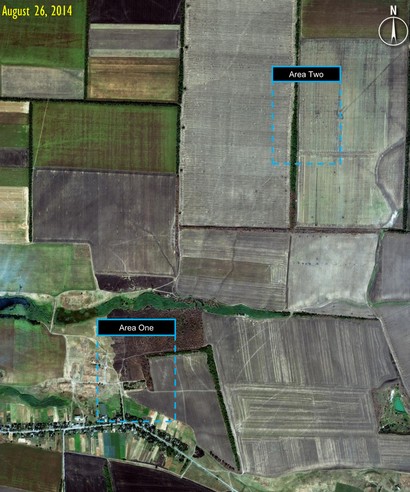 The images also show other Russian military installments, including support vehicles, suspected bunkers and armored amphibious vehicles.
The images also show other Russian military installments, including support vehicles, suspected bunkers and armored amphibious vehicles.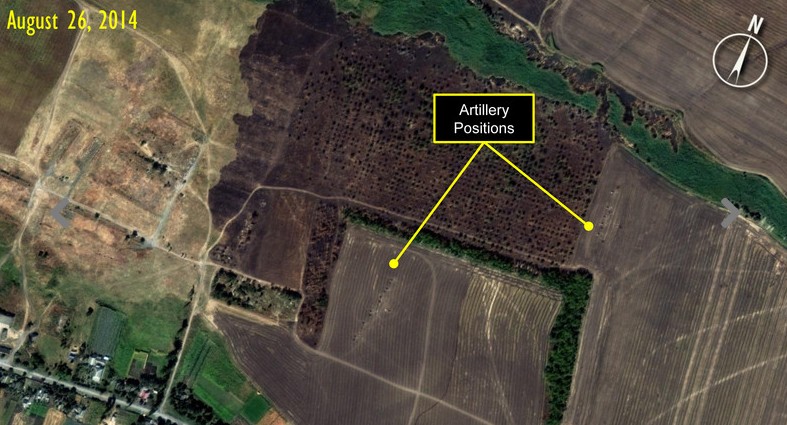 civilian lives and are blatantly violating their international obligations,” said Shetty.
civilian lives and are blatantly violating their international obligations,” said Shetty.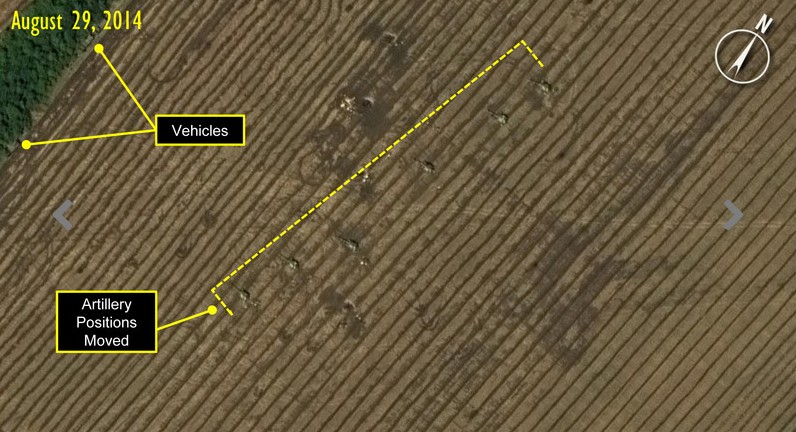
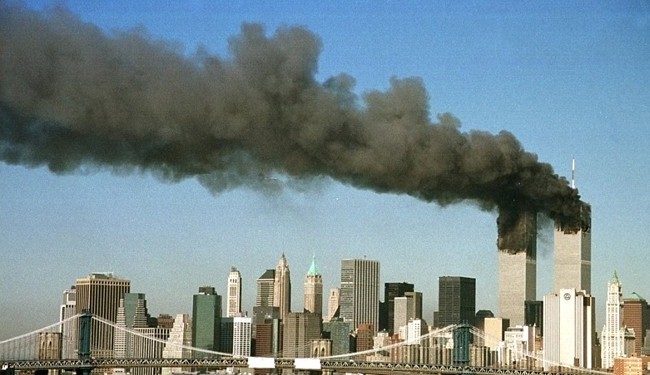
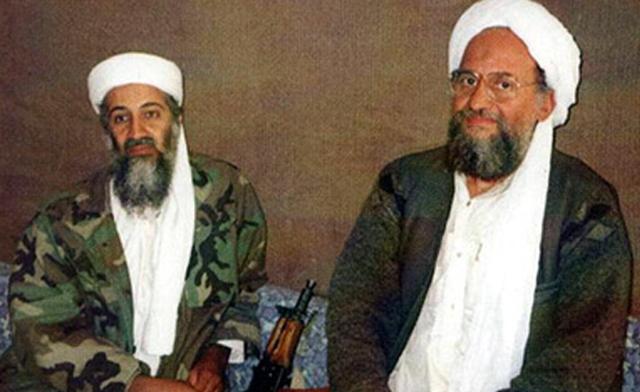
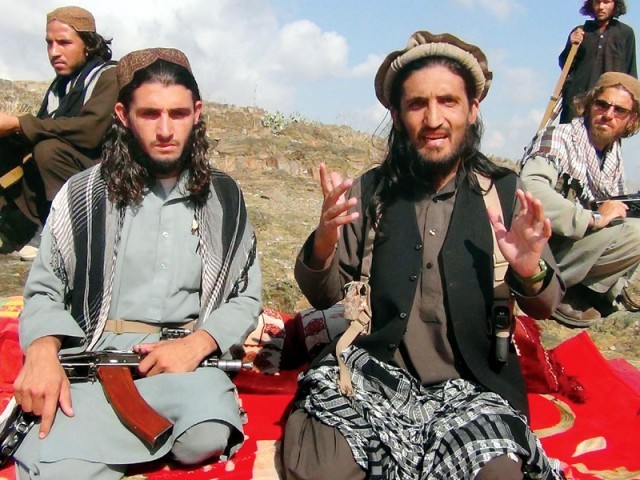
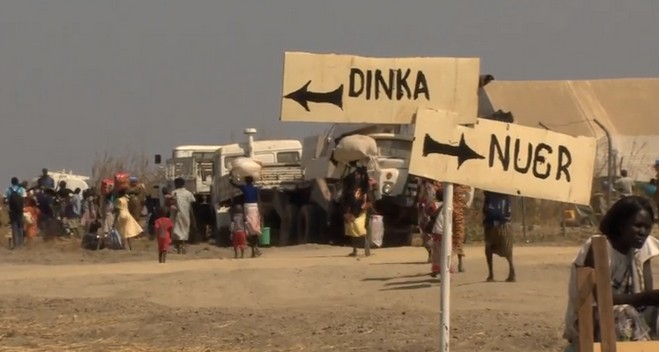
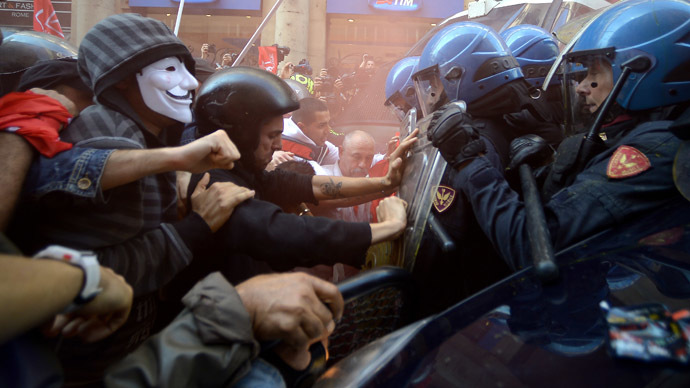
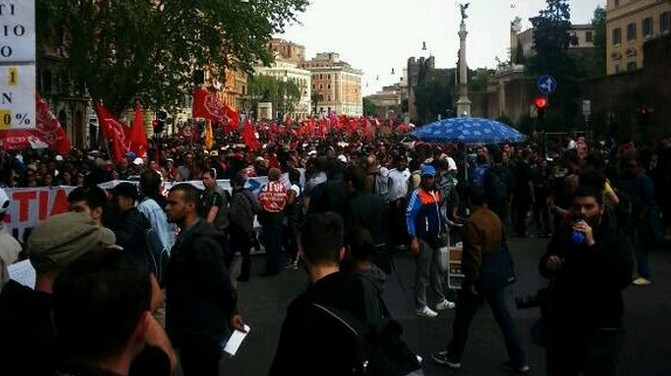
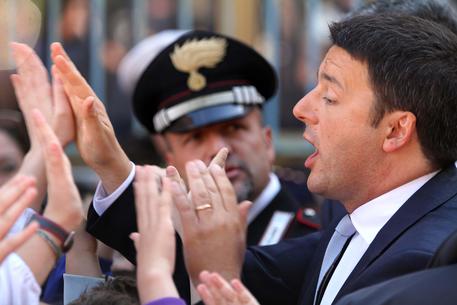
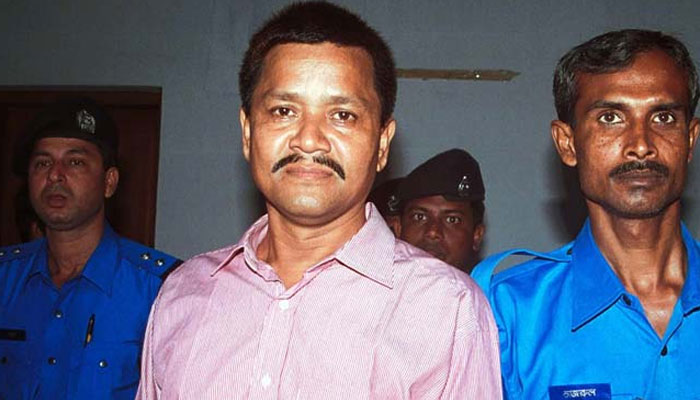
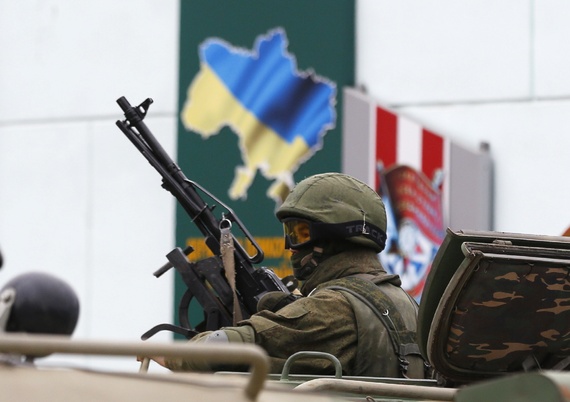
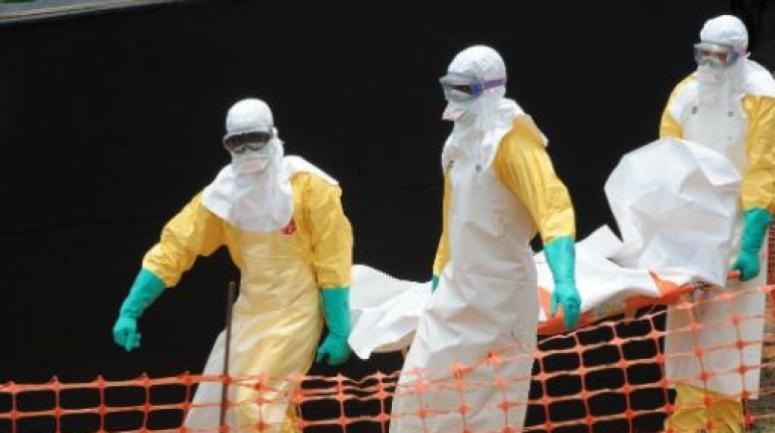
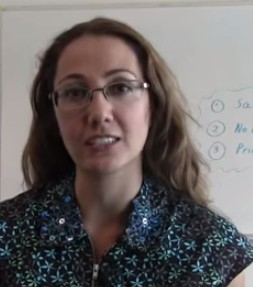
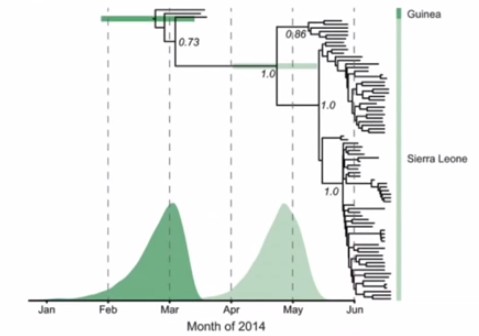
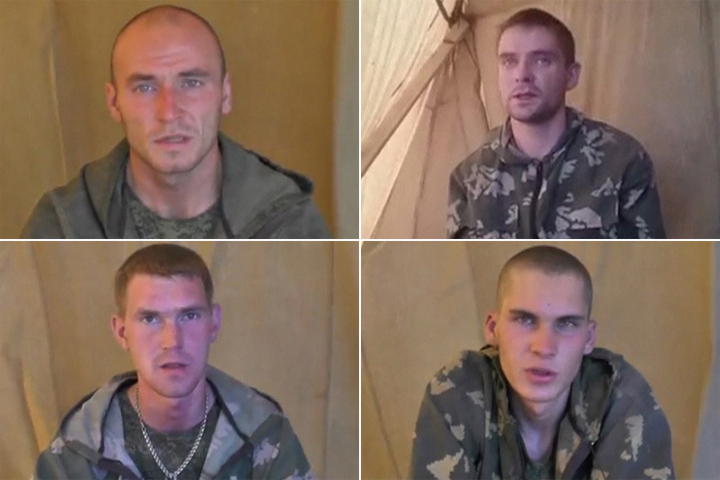
![Russian Soldiers Families to Russian Government: "Give Us Back Our Children" Killed in Undeclared War [with video]](https://thespeakernewsjournal.com/wp-content/uploads/2014/09/ScreenHunter_723-Sep.-01-19.21-226x300.jpg)
